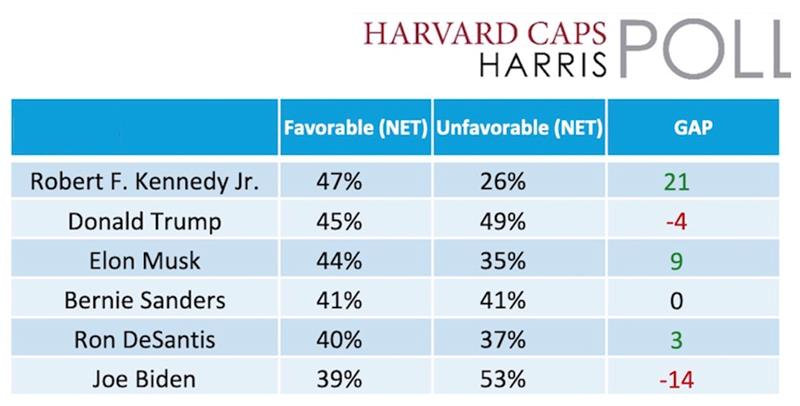Transformative leadership is a concept that has captured the attention of scholars and practitioners alike, with its focus on fostering change, not just in individuals but also in the culture and values of an organization. This leadership style hinges on the notion that through shared beliefs and values, leaders can bring about a fundamental transformation in their organizations.
This article examines the role that transformative leadership can play in cultivating a unified organizational culture. It begins by exploring the concept of transformative leadership and how it can be used to create a shared vision and set of principles. It then examines the practical aspects of implementing a unified organizational culture, including creating a shared language, developing a unified approach to decision-making, and fostering collaboration.
Finally, it outlines the challenges that may arise and suggests strategies for overcoming them. By highlighting the potential of transformative leadership to create a unified organizational culture, this article provides insights into how organizations can achieve greater success and improved performance.
First coined by Downton (1973), transformative leadership has since been refined and developed by various scholars. At its core, transformative leadership goes beyond mere transactional exchanges that involve rewarding or punishing followers based on their performance. Instead, it delves deeper into the realm of inspiring and motivating followers to exceed their own self-interests for the greater good of the group (Burns, 1978).
Developing Shared Values and Beliefs: Why it Matters
One of the most important aspects of transformative leadership is developing a shared sense of values and beliefs within the group. This is essential, as it helps to create a strong sense of shared identity, which can greatly increase the emotional connection between the leader and the followers (Shamir et al., 1993).
Creating a shared identity can help followers recognize the importance of their role and the part they play in helping the group to achieve its collective goal. Furthermore, it can also help build trust. In the words of Peter Drucker, "Culture eats strategy for breakfast." This statement underlines the immense influence of organizational culture - the shared values, beliefs, and norms that guide behaviour within an organization. A culture that aligns with the organization's strategic goals can serve as a powerful driver of performance and success (Schein, 2010).
Indeed, a robust organizational culture can be instrumental in fostering trust amongst employees, which naturally promotes collaboration and heightens productivity. The ability to trust colleagues is essential for efficient teamwork, just as trusting leadership is key to employee wellbeing. A potent organizational culture promotes collaboration, trust, and shared values, cultivating an atmosphere where individuals feel secure, expressing themselves and relying on one another.
This culture can spur innovation and creativity, leading to enhanced performance. The groundwork for this type of culture is laid through the establishment of shared values and beliefs. These communal principles serve as a guiding framework, outlining organizational expectations and defining what holds importance. The presence of such principles can promote unity, strengthen communication, and heighten both motivation and commitment within the organization (Meglino & Ravlin, 1998).
The Role of Transformative Leadership
Transformative leaders play a crucial role in shaping and influencing these shared values and beliefs. They do this through their behaviour, their communication, and their interactions with followers. Here's how:
1. Role Modelling:
Transformative leaders demonstrate the desired values and beliefs through their own behaviour. They "walk the talk," thereby serving as powerful role models for their followers (Bass & Riggio, 2006).
2. Inspiring and Motivating: These leaders use inspiring rhetoric and emotionally appealing arguments to instil a sense of purpose and to motivate followers to embrace shared values and beliefs (Burns, 1978).
3. Individualized Consideration: By showing respect and care for the individual needs and feelings of followers, transformative leaders can foster a sense of belonging and commitment to the shared values and beliefs of the group (Bass, 1985).
4. Stimulating Innovation and Creativity:
By encouraging followers to question established practises and think creatively, transformative leaders can help foster a culture that values innovation and adaptability (Jung, 2001).
Creating a Culture of Shared Values and Beliefs
The process of developing shared values and beliefs requires careful thought, effort, and patience. Here are some strategies transformative leaders can use to foster shared values and beliefs:
1. Articulate a clear and compelling vision: A well-articulated vision can serve as a rallying point around which shared values and beliefs can be developed (Kouzes & Posner, 2012).
2. Engage in open and honest communication: Frequent, transparent communication can help to clarify expectations and foster trust, which is essential for developing shared values and beliefs (Den Hartog & Belschak, 2012).
3. Encourage participation in decision making:
When followers are involved in making decisions that affect them, they are more likely to feel a sense of ownership and commitment to the shared values and beliefs of the group (Bass & Riggio, 2006).
4. Recognize and reward adherence to shared values and beliefs:
Positive reinforcement can encourage behaviours that align with the shared values and beliefs of the group (Bass & Riggio, 2006).
This can be done through verbal compliments, tangible rewards, or other forms of recognition. It is important to be creative in finding ways to reward members of the group for their positive contributions. Doing so can create a bond and further strengthen the group's shared values and beliefs. Developing shared values and beliefs through transformative leadership is a journey rather than a destination. It requires a continuous commitment to nurturing a culture that reflects those shared principles. However, the rewards are well worth the effort. A strong, unified organizational culture can drive performance, enhance employee engagement and commitment, and ultimately, pave the way for sustained success.
References
Bass, B. M., & Riggio, R. E. (2006). Transformational leadership (2nd ed.). Psychology Press.
Burns, J. M. (1978). Leadership. Harper & Row.
Den Hartog, D. N., & Belschak, F. D. (2012). Work engagement and Machiavellianism in the ethical leadership process. Journal of Business Ethics, 107(1), 35-47.
Downton, J. V. (1973). Rebel leadership: Commitment and charisma in the revolutionary process. Free Press.
Jung, D. I. (2001). Transformational and transactional leadership and their effects on creativity in groups. Creativity Research Journal, 13(2), 185-195.
Kouzes, J. M., & Posner, B. Z. (2012). The leadership challenge: How to make extraordinary things happen in organizations (5th ed.). Jossey-Bass.
Meglino, B. M., & Ravlin, E. C. (1998). Individual values in organizations: Concepts, controversies, and research. Journal of Management, 24(3), 351-389.
Schein, E. H. (2010). Organizational culture and leadership (4th ed.). Jossey-Bass.














